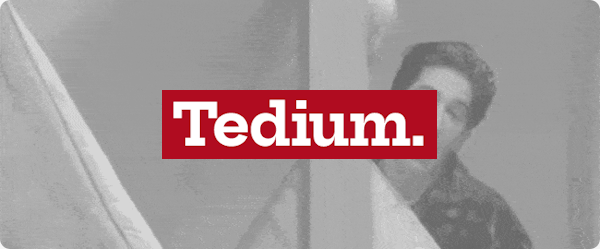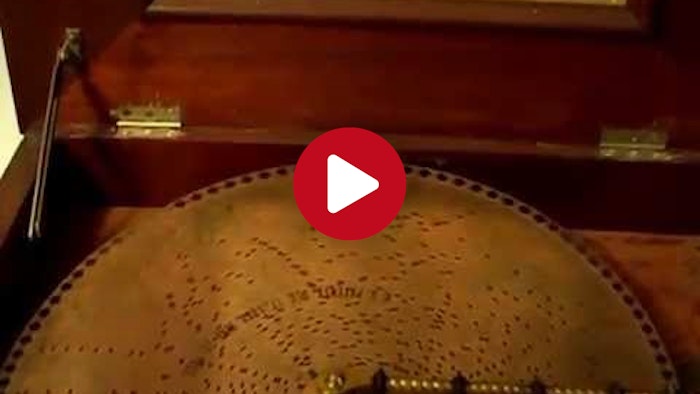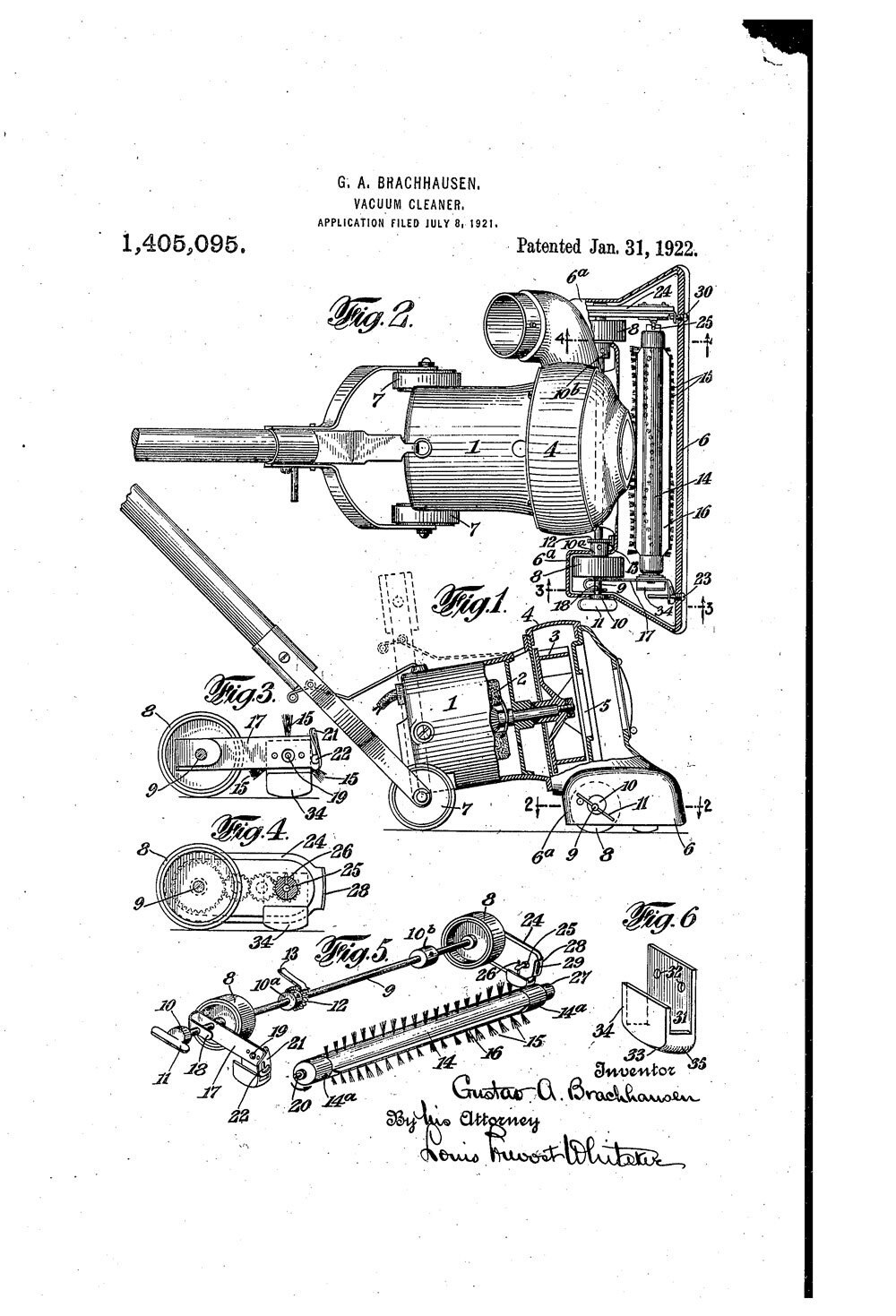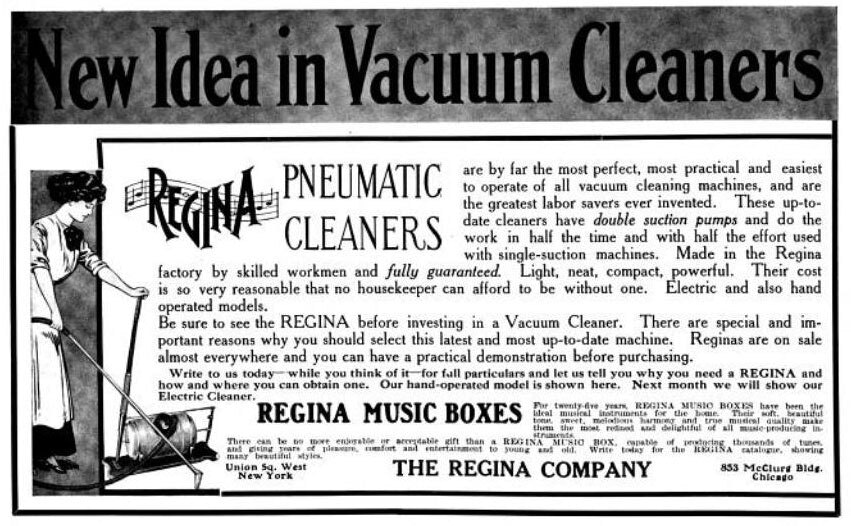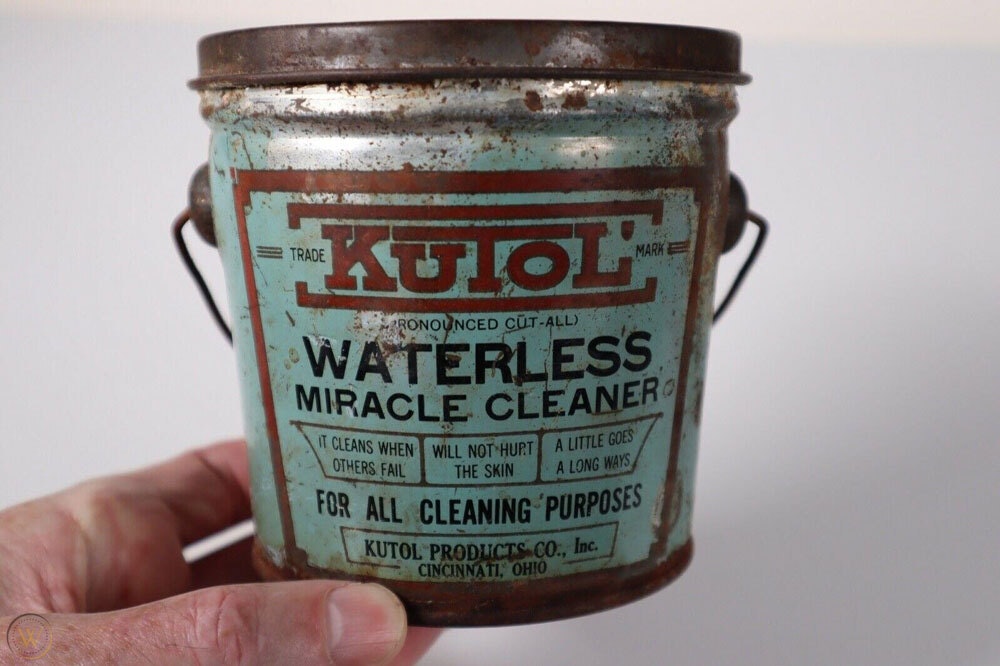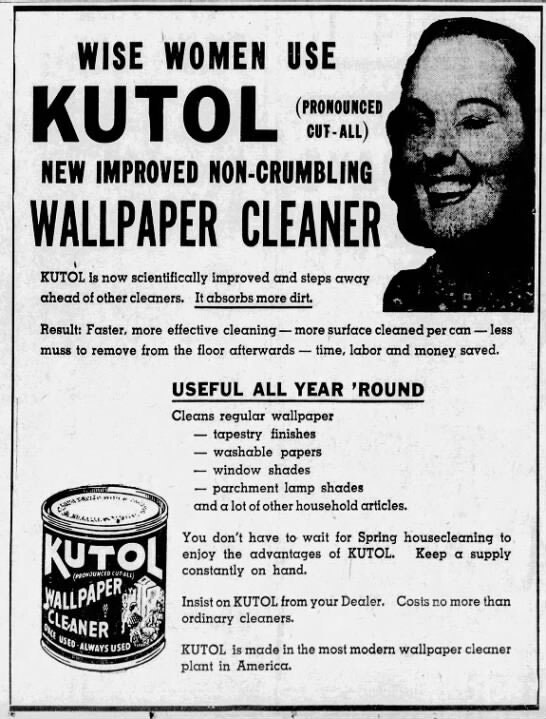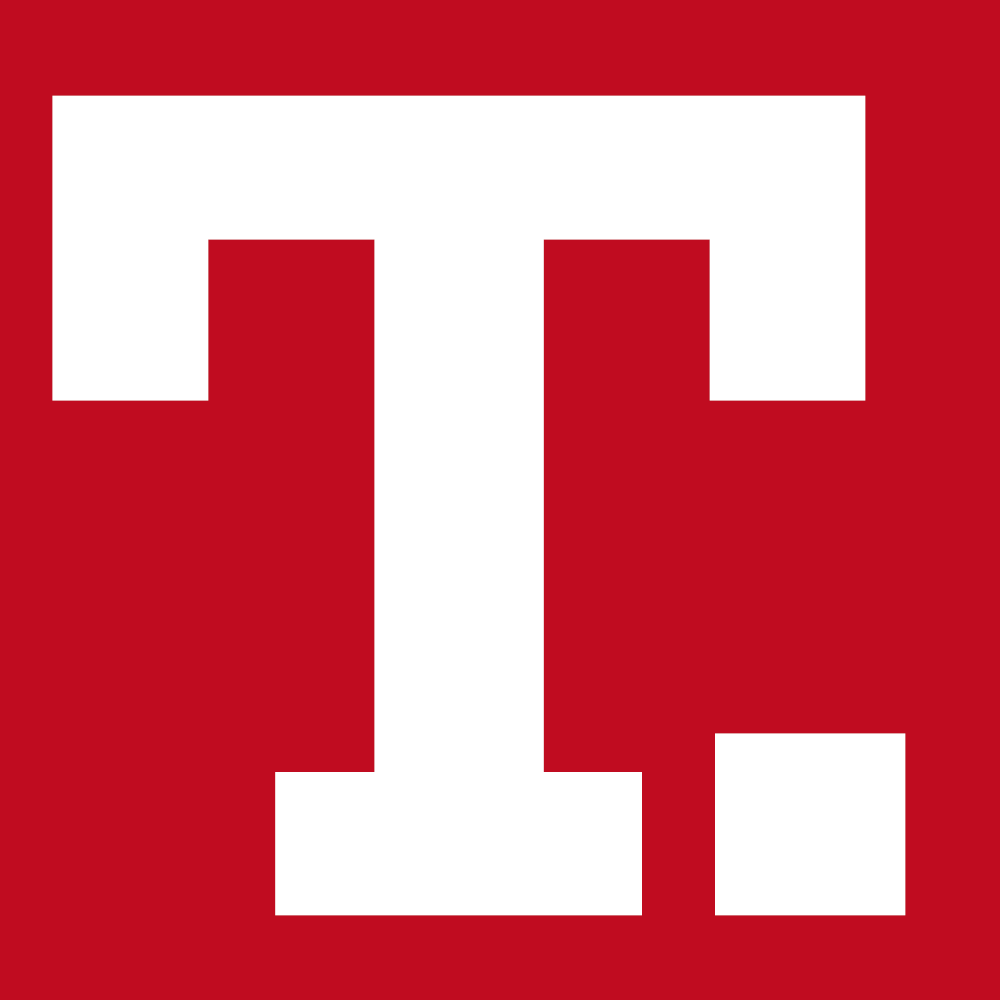Tedium - The Hard Pivot 📉📈
|
|
|
|
|
|
|
|
|
|
Older messages
To Boldly Sing 🖖 🎸
Friday, May 27, 2022
The best Star Trek-themed songs we could find. Here's a version for your browser. Hunting for the end of the long tail • May 27, 2022 Hey all, Ernie here with a fresh one from David Buck, who is
Inventing Daylight 🧪
Wednesday, May 25, 2022
The evolution of DayGlo colors. Here's a version for your browser. Hunting for the end of the long tail • May 25, 2022 Hey all, Ernie here with a piece from Andrew Egan. The weirdness of the past
Social Imagineering 💡
Friday, May 20, 2022
Disney's most famous jargon word wasn't invented by Disney. Here's a version for your browser. Hunting for the end of the long tail • May 20, 2022 Today in Tedium: When I write the word “
Stumbled Into a Discount ✈️
Wednesday, May 18, 2022
The online ticket reseller with the wild pre-internet backstory. Here's a version for your browser. Hunting for the end of the long tail • May 18, 2022 Today in Tedium: If you read up on the
Disposability Interchange 🛠
Friday, May 13, 2022
The great debate between interchangeable parts and disposability. Here's a version for your browser. Hunting for the end of the long tail • May 13, 2022 Today in Tedium: One of the greatest
You Might Also Like
💎 Issue 458 - Why Ruby on Rails still matters
Thursday, February 27, 2025
This week's Awesome Ruby Newsletter Read this email on the Web The Awesome Ruby Newsletter Issue » 458 Release Date Feb 27, 2025 Your weekly report of the most popular Ruby news, articles and
📱 Issue 452 - Three questions about Apple, encryption, and the U.K
Thursday, February 27, 2025
This week's Awesome iOS Weekly Read this email on the Web The Awesome iOS Weekly Issue » 452 Release Date Feb 27, 2025 Your weekly report of the most popular iOS news, articles and projects Popular
💻 Issue 451 - .NET 10 Preview 1 is now available!
Thursday, February 27, 2025
This week's Awesome .NET Weekly Read this email on the Web The Awesome .NET Weekly Issue » 451 Release Date Feb 27, 2025 Your weekly report of the most popular .NET news, articles and projects
💻 Issue 458 - Full Stack Security Essentials: Preventing CSRF, Clickjacking, and Ensuring Content Integrity in JavaScript
Thursday, February 27, 2025
This week's Awesome Node.js Weekly Read this email on the Web The Awesome Node.js Weekly Issue » 458 Release Date Feb 27, 2025 Your weekly report of the most popular Node.js news, articles and
💻 Issue 458 - TypeScript types can run DOOM
Thursday, February 27, 2025
This week's Awesome JavaScript Weekly Read this email on the Web The Awesome JavaScript Weekly Issue » 458 Release Date Feb 27, 2025 Your weekly report of the most popular JavaScript news, articles
💻 Issue 453 - Linus Torvalds Clearly Lays Out Linux Maintainer Roles Around Rust Code
Thursday, February 27, 2025
This week's Awesome Rust Weekly Read this email on the Web The Awesome Rust Weekly Issue » 453 Release Date Feb 27, 2025 Your weekly report of the most popular Rust news, articles and projects
💻 Issue 376 - Top 10 React Libraries/Frameworks for 2025 🚀
Thursday, February 27, 2025
This week's Awesome React Weekly Read this email on the Web The Awesome React Weekly Issue » 376 Release Date Feb 27, 2025 Your weekly report of the most popular React news, articles and projects
February 27th 2025
Thursday, February 27, 2025
Curated news all about PHP. Here's the latest edition Is this email not displaying correctly? View it in your browser. PHP Weekly 27th February 2025 Hi everyone, Laravel 12 is finally released, and
📱 Issue 455 - How Swift's server support powers Things Cloud
Thursday, February 27, 2025
This week's Awesome Swift Weekly Read this email on the Web The Awesome Swift Weekly Issue » 455 Release Date Feb 27, 2025 Your weekly report of the most popular Swift news, articles and projects
JSK Daily for Feb 27, 2025
Thursday, February 27, 2025
JSK Daily for Feb 27, 2025 View this email in your browser A community curated daily e-mail of JavaScript news Introducing the New Angular TextArea Component It is a robust and flexible user interface
